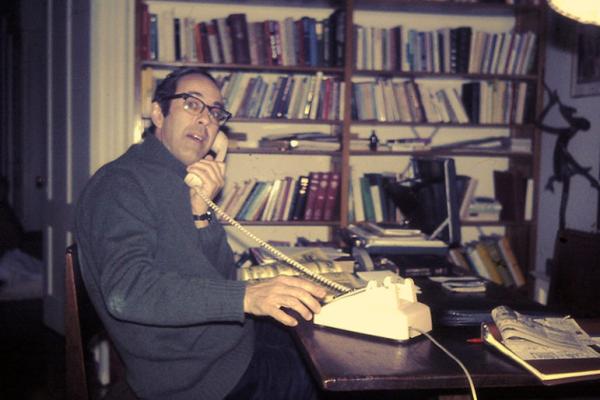Oct 5, 2016
In the two decades since his death from a heart attack at age 64, Nouwen’s popularity and influence have spawned at least five biographies. His reflections on faith, loneliness, vulnerability, love, prayer, social justice, and sexuality have won over modern audiences.
But this beloved priest had an even more intimate side, known only to those who corresponded with him privately.
Read the Full Article

Already a subscriber? Login
